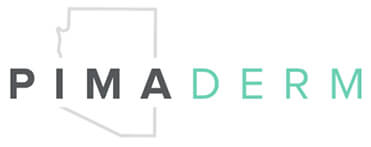Cleansers are products used to remove normal daily accumulation of dirt and oils, makeup, sunscreen, remains of pollution, and dead skin cells. We have selected cleansers suited for all skin types and conditions. If you need help selecting a cleanser, explore your options here.
Cleansers in your 20s:
- If you have normal skin, you only need to wash it before bedtime.
- For normal or combination skin, use a mild cleanser (i.e. CeraVe® Foaming Facial Cleanser).
- If your skin is oily, use a gel or foaming cleanser (i.e., CeraVe® Foaming Facial Cleanser or Betalplex® Gentle Foaming Cleanser).
- If your skin is dry, use a cream cleanser (i.e., Avéne® Cleanance Hydra Soothing Cleansing Cream).
- For acne-prone skin, a cleanser containing Glycolic Acid (i.e., Glytone® Mild Cream Cleanser), Salicylic Acid, or Benzoyl Peroxide is very helpful in reducing bacteria and keeping the skin clear; wash twice daily, especially following workouts or outdoor activities.
Cleansers in your 30s:
- You will see improvement in skin brightness and tone if you gently exfoliate.
- Avoid harsh scrubs. Look for one with gentle exfoliating cleansers like those containing jojoba beads and/or alpha hydroxy acids (AHAs) in the morning to encourage exfoliation (i.e., SkinMedica® AHA/BHA Exfoliating Cleanser).
- In the evening, wash with a creamy cleanser (i.e., Avéne® Cleanance Hydra Soothing Cleansing Cream).
Cleansers in your 50s, 60s, 70s+:
- Use a creamy cleanser (rather than gel) morning and night (i.e. Avéne® Cleanance Hydra Soothing Cleansing Cream).
- For weekly exfoliation, use one with gentle exfoliators like SkinMedica® AHA/BHA Exfoliating Cleanser.




